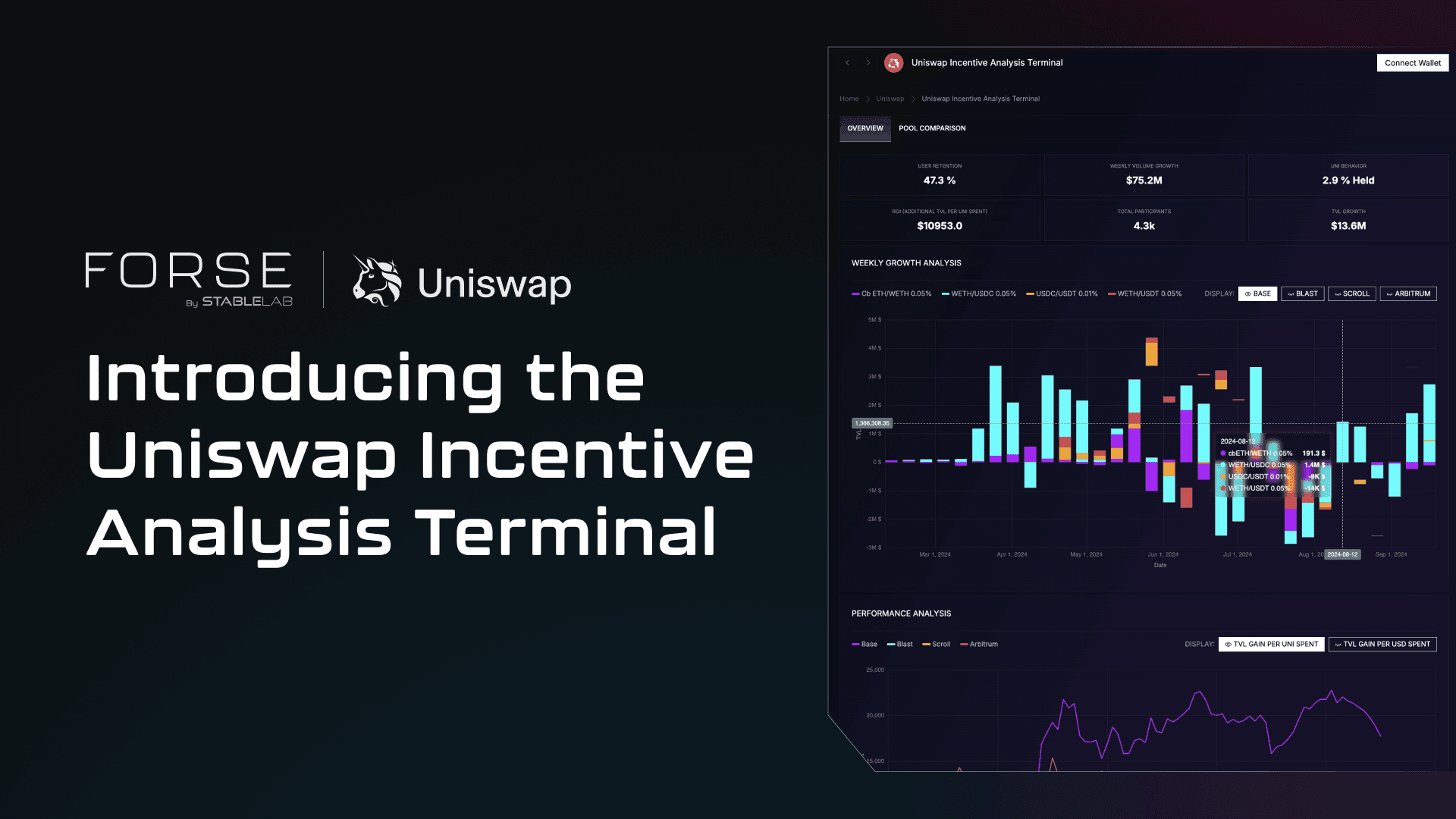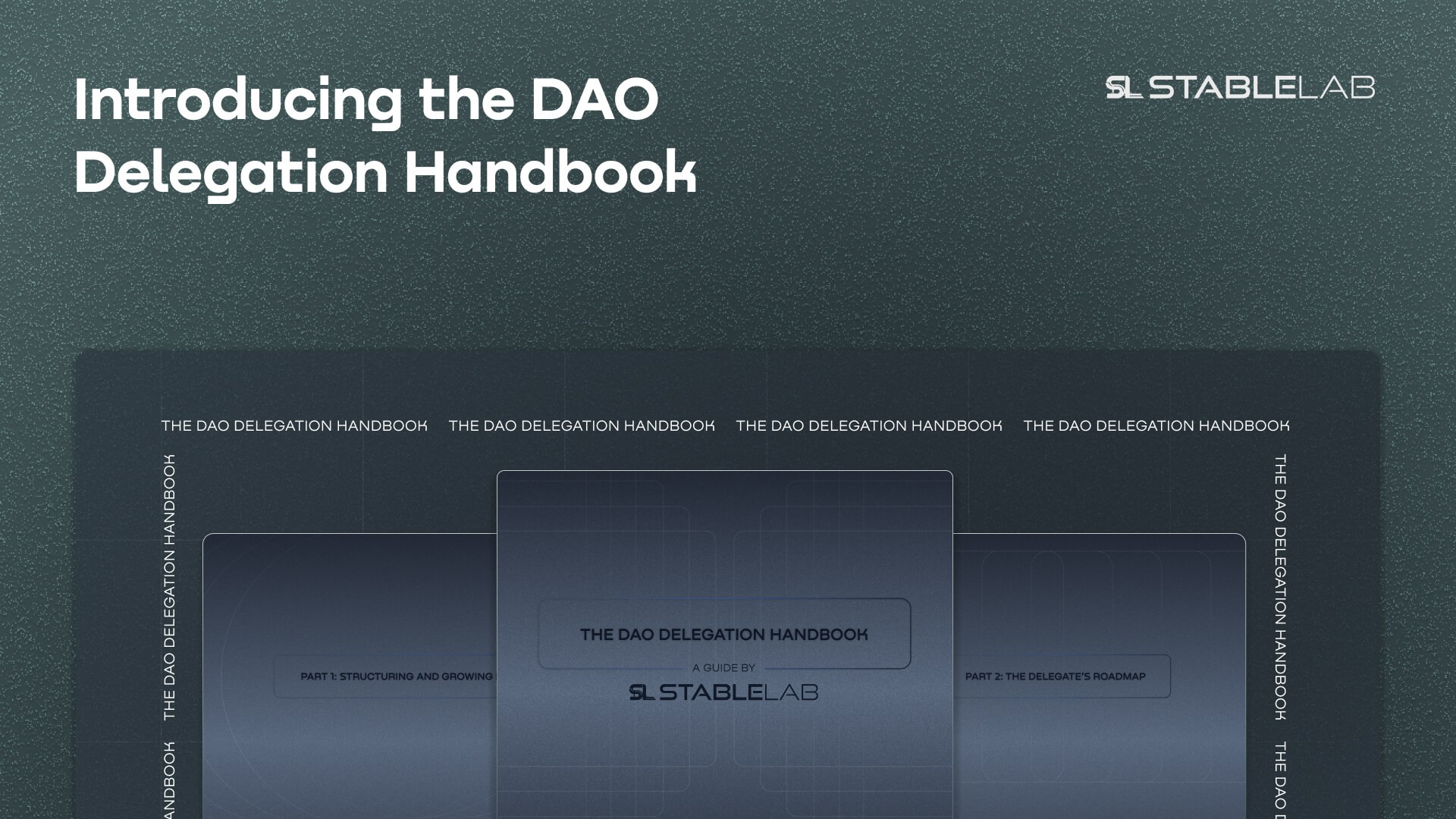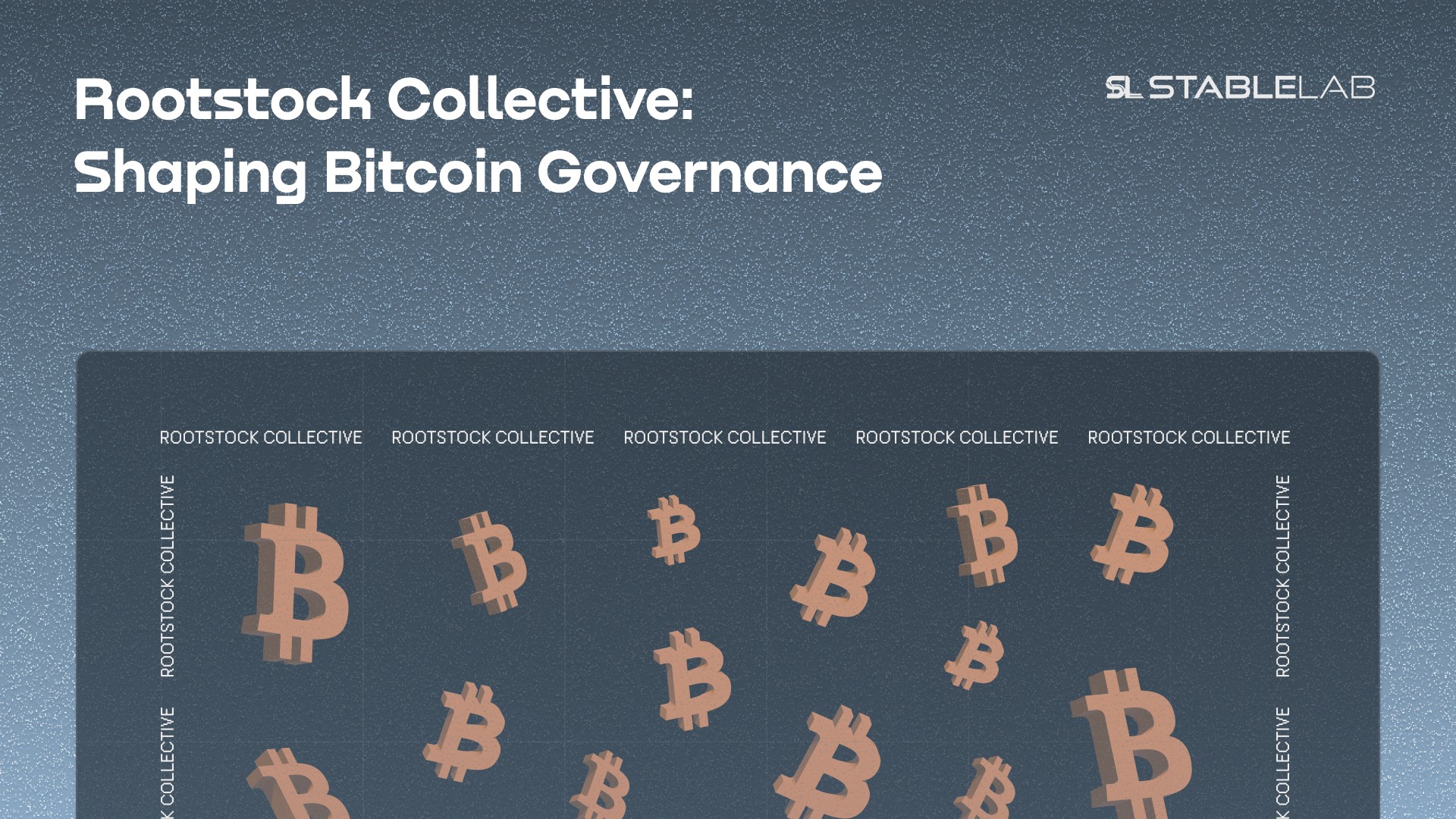“Ask not what your country can do for you - ask what you can do for your country”, is a famous quote by U.S. President John F. Kennedy, highlighting the importance of sacrifice for your country and common values. From ancient history to modern times, monarchies to democracies, Christianity to Norse mythology, self-sacrifice for a greater good or purpose has been celebrated and encouraged. While self-interest, on the other hand, has often been considered a flaw or even a sin.
Of course, in reality, the world operates with both. For example, while the United States is known for its capitalistic economy which operates based on self-interest, the country also requires certain duties such as taxation and in times of war, a military draft. In addition, self-interest is insufficient to fund public goods such as parks, clean air, and national security, which traditionally is funded by ways of government intervention.
Often idealized as organizations where self-interest alone can make it operate smoothly, DAOs see both self-interest and self-sacrifice coexist and conflict with each other. So, why do some DAOs have serious problems with conflict while others allow the two opposing interests to coexist peacefully?
Duality of DAO Maturity and Conflict
Ironically, if you thought the answer to peaceful coexistence between self-interest and self-sacrifice lies in DAOs being more mature and transparent, you'd be wrong. The history of social organizations even hints at this. For example, throughout history, wars demanding independence or annexing other nations (to benefit the aggressor nations) were more common than “voluntary” unification between different nationalities and groups (even those were usually pressured, like Anschluss where Hitler threatened invasion if the Austrian chancellor Schuschnigg didn’t agree to hand over power).
The more homogeneous the country is, the more similar their culture and views and willingness to self-sacrifice (collectivism). Various studies have shown that “high cultural homogeneity is conducive to social tightness and collectivism” (Triandis, 1995).
This is also true for other forms of social organizations such as companies and startups. As startups scale and grow, they often face a greater need to foster or adjust culture (also known as a culture crisis). This is natural as the founding team often has a shared vision and cohesion, but as the team grows, newcomers will join who don’t necessarily align with the vision and processes that were previously done informally will have to transition into a professional setting.
These characteristics are also true in DAOs. When a DAO is composed of a few homogeneous interests or even just a single interest, it’s easier to coordinate between self-interest and self-sacrifice. However, the more mature and the more diverse DAOs become, new interests are introduced as well as mechanisms to voice their opinions, which from the outside, will be seen as a conflict between self-interest and self-sacrifice.
An example of this transition occurred at PeopleDAO. At first, the DAO was created to purchase an original copy of the United States Constitution. After they failed to secure it, the team decided to refund the money raised, but the DAO decided to continue to operate and expand its interests.

An example of PeopleDAO’s new interests: it is launching Afro Piece NFT which aims to “Bring awareness, knowledge & opportunity to everyday Africans.”
Naturally, these expansions (as well as the new environment that token is now minted) have introduced new interests and new discussions.



Here, conversations about price (self-interest) and visions (self-sacrifice at least from some holders’ view) take place. “The main contributors and everyone here is mainly looking to build and provide public goods, rewards are secondary for some people” captured in the above screenshot captures this conflict in action.
Another example of this self-interest versus self-sacrifice dynamic can be seen at GitcoinDAO, the public goods community. As community member DisruptionJoe.eth shared in the forum, “Sustainability of Gitcoin is a hot topic. There is discussion around protocol fees, service offerings, and even mutual grants or investment potential. Then there is the gnarly conversation around GTC utility.” As DAOs scale and become more mature, the scope of work increases. Even if the mission is to fund public goods, the work still requires compensation. This results in a conflict between proper compensation (self-interest) and maintaining or cutting budgets (self-sacrifice) to ensure DAO sustainability.

GitcoinDAO exploring many ways to explore revenue models

Budgets are also becoming important discussion points for GitcoinDAO
In many DAOs and protocols, especially in the early days of crypto, it was common for people to be paid close to nothing for their work. For example, Yearn Finance creator Andre Cronje was retroactively paid for his contributions to the DeFi protocol until he, later on, revealed he did most of the work without pay. Long For Wisdom, a semi-anonymous governance facilitator for MakerDAO initially supported governance without payment. They later received a small grant and eventually secured a proper budget. While it can be argued that they were willing to sacrifice in the beginning to earn more in the future, it’s quite evident that sacrifice is often more common in smaller and less mature DAOs.
How Extremes Silence Self-Sacrifice Vs Self-Interest
On the other hand, for less mature DAOs (or fake DAOs), decisions involving self-sacrifice and self-interest are often conducted without feedback or voting. For example, although FTX originally claimed FTT holders would have control over its public good initiatives, they didn’t have a say in the amount or who else to add as a potential public good candidate. The only decision they could make regarding this was who to donate to among the candidates that the FTX team selected.

FTT was not a DAO and a good example of how the decision to donate (self-sacrifice in terms of holders) itself was made without going through “DAO” or token holders.
But as FTT was accused of misusing both its customer's and also FTT holders’ funds (by using FTT as collateral in dangerous parameters) for both investments, donations to political parties and charity, FTX’s actions can be seen as extreme self-interest of a few members from its founders and team members. This dynamic can also silence self-sacrifice and self-interest discussions from forming in the first place. As evidenced by many DAOs funding their friends and even families, especially in governance processes that see low participation. The more participants, the increased likelihood that there will be more eyes and whistles to question and spot any irregularities in the process.
Conclusion
The conflict that exists between self-interest and self-sacrifice is normal for any organization, including DAOs. And contrary to popular belief, conflict is likely to arise more often the more mature the DAOs get. Therefore, DAOs should not approach this reality as a failure but rather as the natural progression in their DAO journey.
Get in touch,
If you would like to support us in our governance efforts,If you and your team need guidance on governance-related matters, orIf you are a founder who is building something interesting in web3
Share with your friends:







